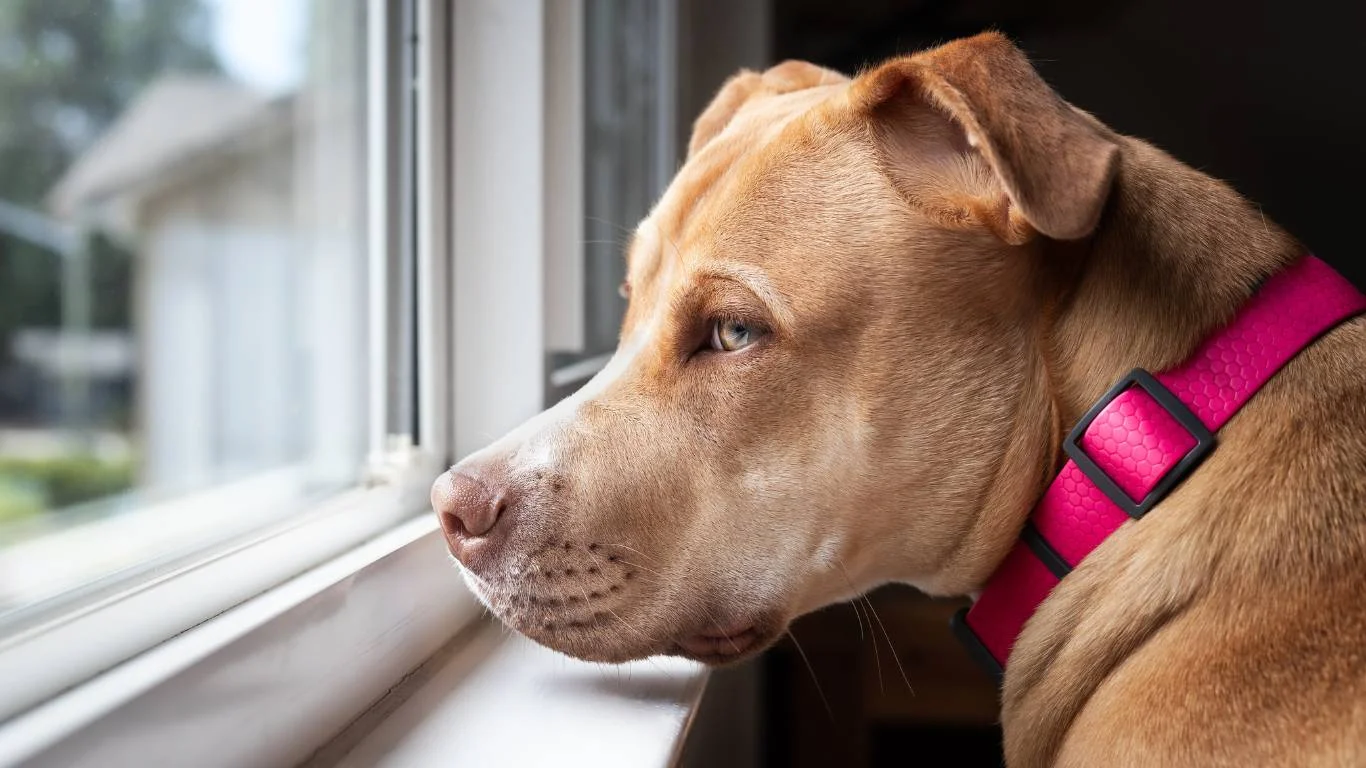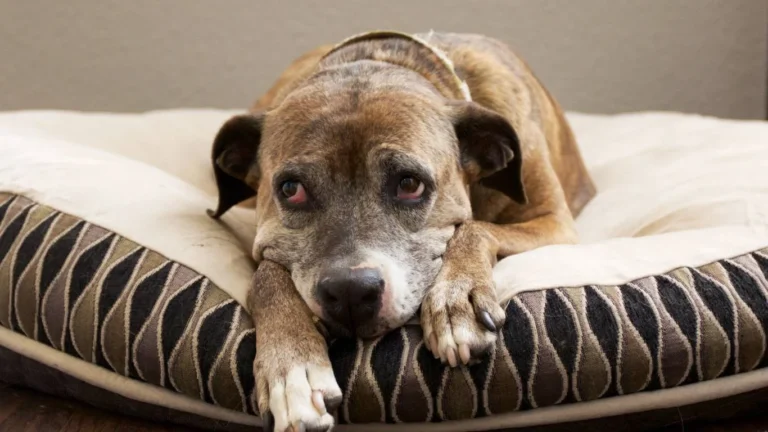Ultimate Guide to How to Keep an Old Dog Comfortable at Night
Helping older dogs stay cozy through the night is something I’ve grown passionate about over the years working as a veterinary assistant, especially in cases where pet nutrition plays a key role. So today, let’s dive into how to keep an old dog comfortable at night. It’s something I get asked a lot—sometimes from folks who are at their wits’ end after too many restless nights. Whether it’s stiff joints, anxiety, or just plain age catching up with them, our senior pups need a little more TLC once the sun goes down.
Understanding What Your Senior Dog Really Needs
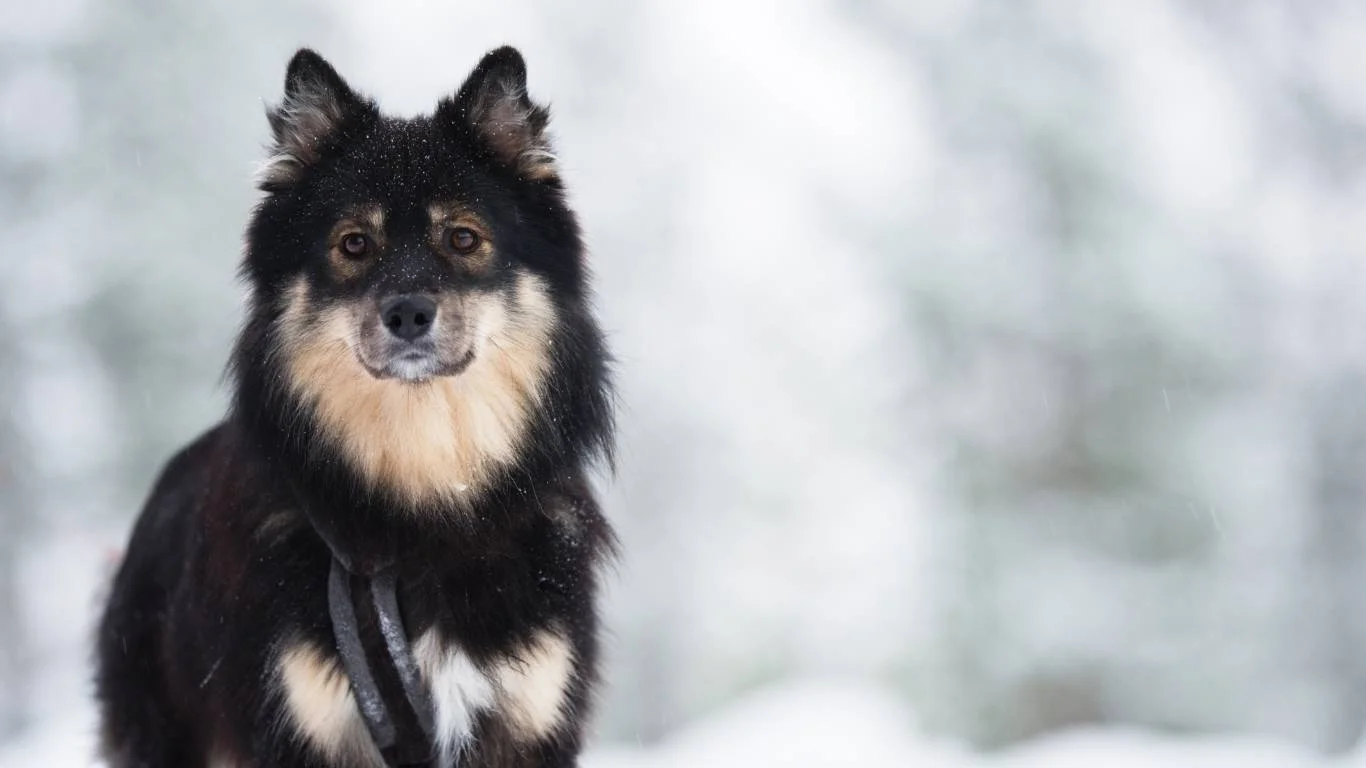
Start by Observing Their Behavior
I always tell clients, “Your dog will show you what they need—you just have to be paying attention.” Is your dog pacing at night? Whining? Having trouble getting into their usual sleeping spot? These are signs they’re uncomfortable, not just being fussy.
One older Labrador I worked with, Max, would circle his bed over and over before giving up and sleeping on the cold floor. Turned out his joint pain made it hard to settle down. Once we addressed that, nights got easier—for both Max and his humans.
Common Night-Time Challenges Older Dogs Face
Let’s be real—aging brings its baggage. Some of the most frequent issues I see in senior dogs include:
- Arthritis or joint stiffness that flares up after lying still
- Anxiety or cognitive dysfunction (sort of like doggy dementia)
- Bladder control issues that can lead to accidents
- Temperature sensitivity—they may feel cold faster or overheat easily
Each of these needs a different strategy, and sometimes you’ll need to mix and match solutions.
Create a Cozy and Supportive Sleep Setup

Upgrade That Bed!
This might sound obvious, but you’d be amazed how many senior dogs are still sleeping on the same squishy old dog bed from their puppy days. What they need now is something supportive and orthopedic. Look for memory foam or gel-infused designs that distribute weight evenly and cushion those achy joints.
Bonus tip: if your dog struggles to get in and out of bed, consider a bed with low bolsters or even a flat mat-style bed. And yes, I’ve totally used an old yoga mat under a soft blanket in a pinch—it worked wonders!
Keep Their Bed Warm—but Not Too Warm
Older dogs are kind of like Goldilocks when it comes to temperature—they want it just right. Heated dog pads are fantastic in winter months, especially for arthritic pups. Just be sure it’s pet-safe and not too hot. In summer, a cooling mat might be a better choice.
One of my elderly patients, a tiny Chihuahua named Bubbles, would literally tremble if her bed wasn’t pre-warmed with a heating pad (which we removed before bedtime, of course). Little things like that can make a world of difference.
Adjusting Nighttime Routines for Maximum Comfort
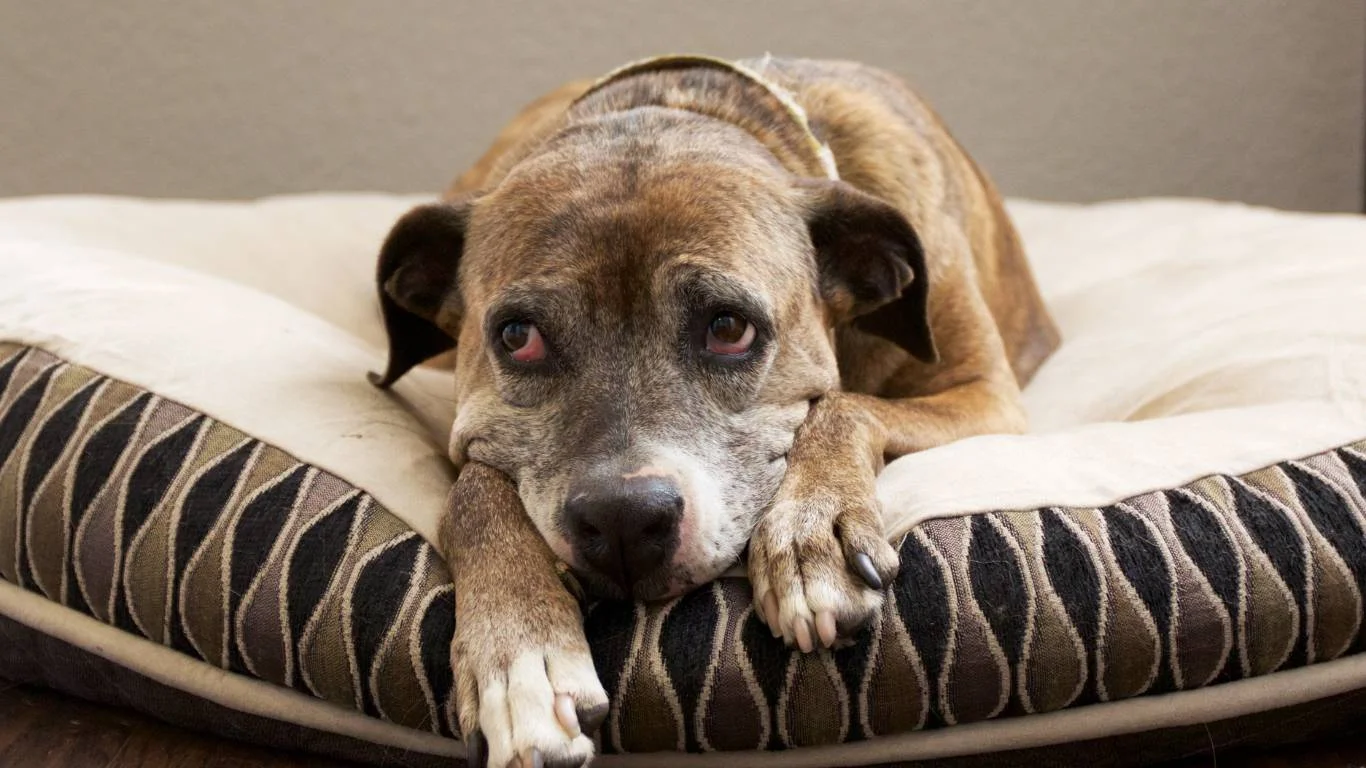
Make Evening Meals Count
Here’s where my nutrition background comes in. A well-timed, nutrient-dense meal in the evening can promote better sleep. For senior dogs, I like to recommend high-protein, easily digestible options. Omega-3 fatty acids are golden for joint support, and a little pumpkin can help with digestion.
Avoid feeding right before bedtime, though—just like us, dogs need a bit of time to settle after eating. I usually suggest feeding about 2–3 hours before bed. This gives time for bathroom breaks and digestion.
Include a Wind-Down Routine
This is my favorite tip because it’s so easy to implement and surprisingly effective. Dogs are creatures of habit. Just like we might brush our teeth or read before bed, dogs benefit from calming rituals too. Try:
- A short, slow walk right before bedtime
- Gentle massage or petting (especially on sore muscles)
- Soft background music or a white noise machine
Don’t underestimate the power of a familiar routine. I had a client who played classical music every night while giving her dog, Rufus, a gentle massage. After a few nights, he’d curl up and start snoring before the second track even played.
Support Their Aging Body with Smart Supplements and Adjustments

Supplements Can Be a Game-Changer
If you’ve got a senior pup who seems uncomfortable or restless at night, don’t overlook the power of quality supplements. I’ve seen firsthand how the right mix can turn things around—especially when it comes to joint pain and anxiety. Glucosamine and chondroitin are the usual MVPs for arthritis, but I also love recommending omega-3s from fish oil and turmeric for inflammation. Just be sure to consult your vet first—especially if your dog’s on other meds.
One of my favorite stories is about Charlie, a 12-year-old Beagle with some serious creakiness going on. After a few weeks on a vet-recommended joint supplement, he was hopping into his bed with way less fuss. His owner texted me just to say, “He’s sleeping through the night again. You’re a lifesaver.” Honestly, moments like that make this job everything.
Make Mobility Easier at Night
Sometimes, it’s not just the bed—it’s the whole bedroom setup. If your dog has to climb stairs or jump over obstacles to get to their bed, it can make nighttime uncomfortable and even dangerous. I’ve worked with many clients to set up safer spaces, and here’s what usually helps:
- Pet ramps or stairs for getting on beds or couches (especially if they’re used to sleeping near you)
- Non-slip rugs or mats to prevent slipping on hardwood floors
- Night lights to help dogs with declining vision feel safer navigating in the dark
Quick tip: One family I worked with added a soft nightlight in the hallway, and their senior German Shepherd stopped waking them up to be guided around. It’s such a small fix, but it gave him confidence to move freely again.
Managing Anxiety and Canine Cognitive Dysfunction

Recognizing Nighttime Anxiety
This is one of the more heartbreaking things I see—dogs that used to sleep like logs suddenly pacing, whining, or barking during the night. It’s not always about pain. Sometimes it’s canine cognitive dysfunction (CCD), which is kind of like dementia in dogs. Other times, it’s general anxiety that just ramps up when the house gets quiet.
If your dog seems disoriented or more clingy at night, talk to your vet. There are some great meds and natural calming aids that can help. I’ve also seen great results with melatonin, calming pheromone diffusers, and weighted blankets (yep, they make those for dogs now!).
Try a “Comfort Station” Approach
One thing I recommend is creating a small, cozy area that acts like a comfort zone. A quiet corner of your bedroom or living room with their bed, a favorite toy, and maybe a shirt that smells like you can help ease nighttime nerves. Some pups just need to know you’re nearby.
I helped set this up for a senior Boxer named Duke who was having some serious CCD symptoms. We added a calming diffuser, swapped in a new orthopedic bed, and made sure his “comfort station” had easy access to water and his favorite blanket. His nighttime howling? Gone within days. His humans were beyond grateful.
Don’t Forget Hydration and Bathroom Breaks
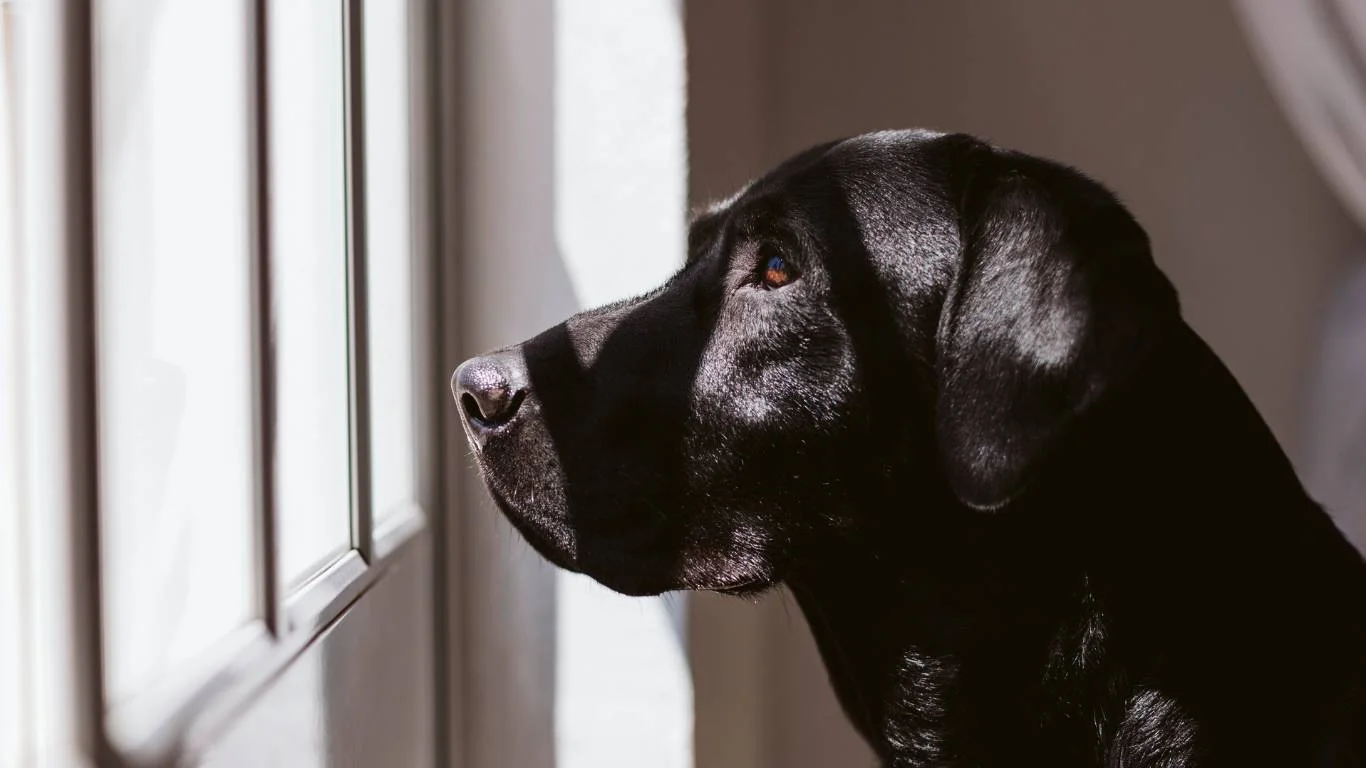
Balance Is Key with Water
This part can be tricky. You want your senior dog to stay hydrated, but not so much that they’re waking up multiple times to go outside. What I usually suggest is limiting water about an hour or so before bed, while still ensuring they get plenty throughout the day.
Some dogs—especially those on certain medications—get thirstier, so talk with your vet if your pup seems to need water constantly. I had one client whose dog was guzzling water at midnight, only to need urgent potty breaks at 2 a.m. We worked out a new routine and slightly adjusted his evening meals and water access. It made a noticeable difference.
Late-Night Potty Breaks (Without the Drama)
For dogs with bladder control issues—or just the habit of a late-night pee—it helps to create a calm, no-fuss potty routine. Keep it dark and quiet. Don’t make it a play session. Just a quick in-and-out trip.
If your dog struggles to get outside due to mobility, pee pads near their sleeping area might be a temporary solution. And for really cold or rainy nights, some pet parents have set up indoor turf areas or even used doggy diapers (yes, those exist and yes, they help in certain situations).
Additional Tips to Keep Your Senior Dog Comfortable at Night

Maintain a Consistent Sleep Schedule
One thing I always emphasize to pet parents is the importance of routine. Dogs thrive on predictability, especially as they get older. Keeping a consistent bedtime and wake-up time helps their internal clock stay steady, which can reduce nighttime restlessness and anxiety.
When I worked with older dogs, like my client’s sweet Golden Retriever, Daisy, establishing a calming bedtime routine at the same hour every night made a huge difference. Over time, Daisy started to settle faster and slept more soundly. It’s like training yourself to wind down before bed—it works for dogs too!
Massage and Gentle Stretching
I can’t say enough about the power of touch. A gentle massage or simple stretches before bedtime can ease muscle tension and promote relaxation. If your dog tolerates it, try gently kneading around their neck, shoulders, and hips. It’s one of those little things that shows you care and helps them feel more comfortable.
Just like humans, many dogs benefit from some gentle movement before resting. This helps loosen up stiff joints and muscles, which can otherwise keep them tossing and turning at night. I often recommend owners learn some basic canine massage techniques or consult a professional for guidance.
When to See Your Veterinarian
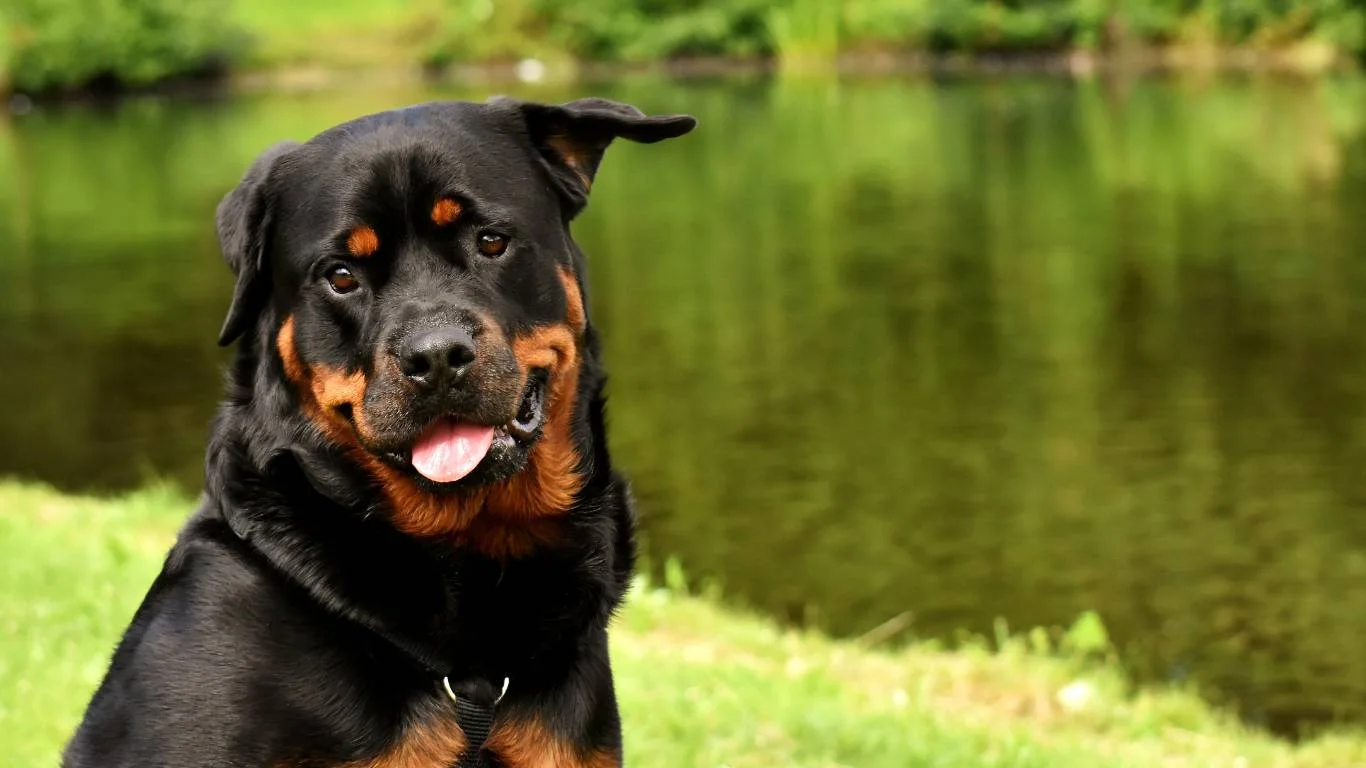
Know the Warning Signs
While many sleep challenges can be managed at home, sometimes the discomfort or symptoms your dog is experiencing are a sign of something more serious. If your dog shows any of these signs, a vet visit is definitely in order:
- Sudden changes in sleep patterns or difficulty staying asleep
- Excessive whining, howling, or signs of pain at night
- Unexplained weight loss or loss of appetite
- Difficulty moving or severe stiffness
- Confusion, disorientation, or other signs of cognitive decline worsening rapidly
Veterinary professionals can perform thorough evaluations, recommend appropriate medications, and help rule out conditions that might be affecting your dog’s sleep quality.
Don’t Hesitate to Ask About Pain Management
In my experience, many dog owners don’t realize how much pain can impact their senior dog’s nights. Arthritis and other chronic conditions can be effectively managed with medications, supplements, and physical therapy. If your dog seems uncomfortable or restless, discussing pain management options with your vet can be a game-changer.
Final Thoughts on Keeping Your Senior Dog Comfortable at Night
As someone who’s spent years in veterinary care with a nutrition twist, I’ve seen how small adjustments and thoughtful care can make nights easier for our aging companions. From creating a cozy sleep environment to managing pain and anxiety, every little effort counts. Your older dog deserves to feel safe, warm, and loved through the night.
Remember, it’s all about tuning into their needs and adjusting as they age. The journey of caring for a senior dog is full of learning moments—and plenty of sweet, quiet nights where you both can just rest peacefully.
References
- American Kennel Club
- American Veterinary Medical Association
- American Animal Hospital Association
- PetMD
Disclaimer
The information provided in this article is based on personal experience and general veterinary knowledge. It is not intended to replace professional veterinary advice, diagnosis, or treatment. Always consult your veterinarian for guidance tailored to your dog’s specific health needs.
